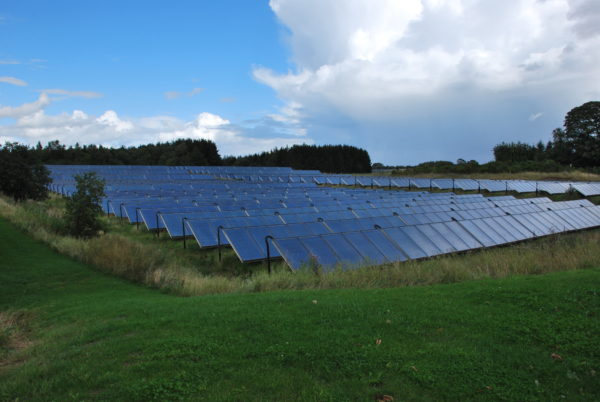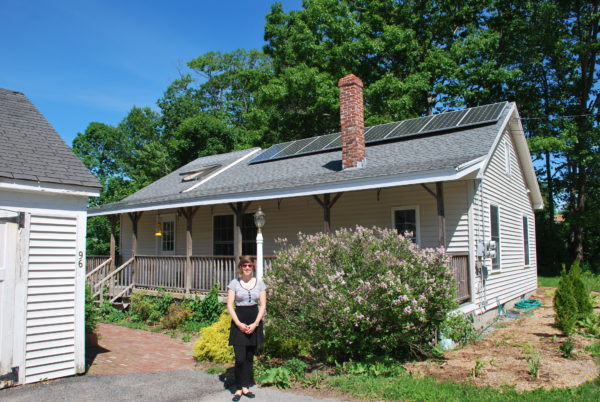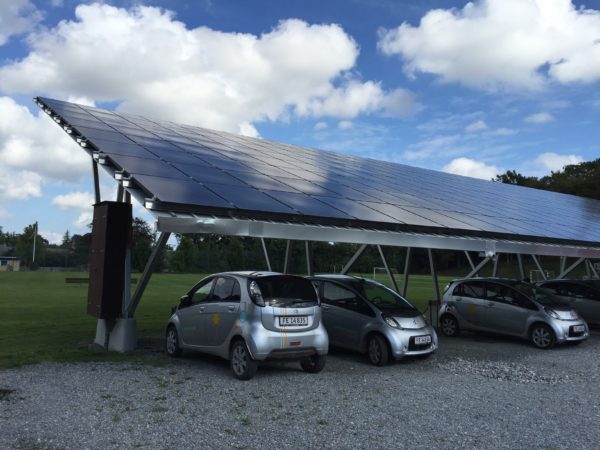Testimony of Nancy Smith, Executive Director of GrowSmart Maine in support of LD 1373
“An Act To Protect and Expand Access to Solar Power in Maine”
May 4, 2017
 Senator Woodsome, Representative Berry and members of the Joint Standing Committee on Energy, Utilities and Technology, my name is Nancy Smith and I live in Monmouth. I am the Executive Director of GrowSmart Maine, a statewide non-partisan, membership-based organization whose mission is to create lasting prosperity without sacrificing the quality of life that defines Maine.
Senator Woodsome, Representative Berry and members of the Joint Standing Committee on Energy, Utilities and Technology, my name is Nancy Smith and I live in Monmouth. I am the Executive Director of GrowSmart Maine, a statewide non-partisan, membership-based organization whose mission is to create lasting prosperity without sacrificing the quality of life that defines Maine.
In our advocacy, we support legislation that improves Maine’s economy, protects its distinctive character, strengthens communities and enhances our state’s quality places. In short, we support proposals that bring long term solutions over short term fixes. We believe this bill makes significant headway in achieving these goals with its benefits to Maine’s environment, the health of our communities and our residents, and to our economy, which will be the focus of my testimony.
Solar can and should be recognized for its potential to meet a significant share of Maine’s overall energy needs, but the relatively high upfront costs and current uncertainty in the pricing and policies create barriers for many Mainers wanting to install solar systems on their homes and businesses. We can fix that with this legislation. Predictable, fair and cost-effective regulations are a fundamental principle of smart growth, and they are relevant in this issue just as they are for more traditional development. More solar installations will create more Maine jobs in a sector that builds on our heritage of natural-resource based economy.
 GrowSmart Maine strongly supports this bill because it provides the necessary structure and certainty for Maine businesses, residents and government agencies as they invest in solar production to provide locally-sourced energy, reducing Maine’s reliance on fossil fuels. These investments will reduce the $5 billion that leaves Maine each year in the purchase of fossil fuels. Creating our own energy here, at a local scale and using the ultimate renewable fuel source, is a powerful economic development strategy.
GrowSmart Maine strongly supports this bill because it provides the necessary structure and certainty for Maine businesses, residents and government agencies as they invest in solar production to provide locally-sourced energy, reducing Maine’s reliance on fossil fuels. These investments will reduce the $5 billion that leaves Maine each year in the purchase of fossil fuels. Creating our own energy here, at a local scale and using the ultimate renewable fuel source, is a powerful economic development strategy.
A few noteworthy components of this bill:
- setting aside 20% of available funds for rebates to low and moderate income Mainers ensures we address the perception that solar is an option for only some Mainers. Inclusion of multi-family low-income buildings by referencing developers is a creative alternative to achieving this objective.
- allowing the PUC to set minimum share size while removing the upper limit of project owners, to address concerns of efficiency in distributing credits for electricity generated strikes an appropriate balance between the needs of potential solar owners and the utilities.
- establishing ongoing reporting requirements for evaluating costs and benefits provides Maine with a strategy to adapt as the industry evolves. This information is invaluable, as we’ve seen with the current report provided by Public Advocate, a study that demonstrates the net benefits of solar power for all electric ratepayers.

